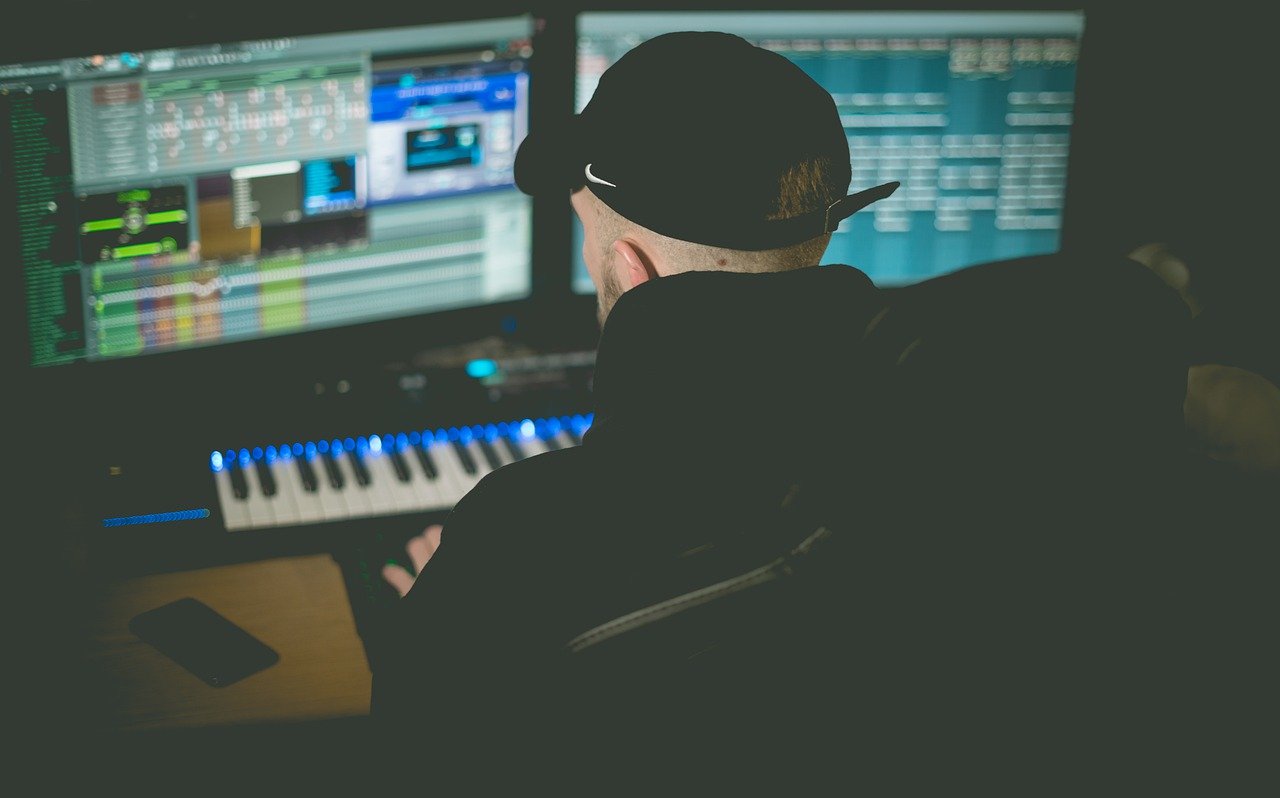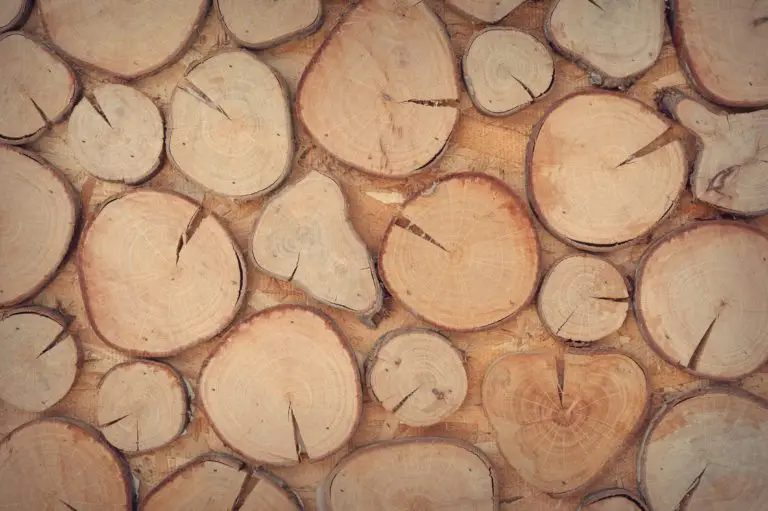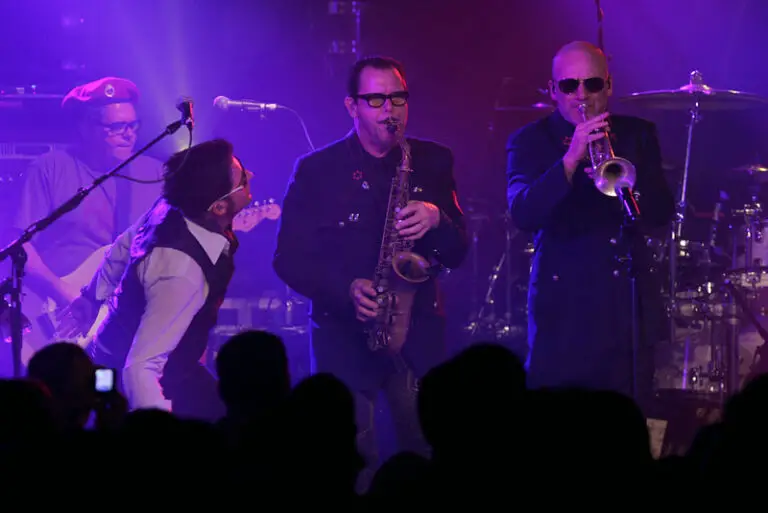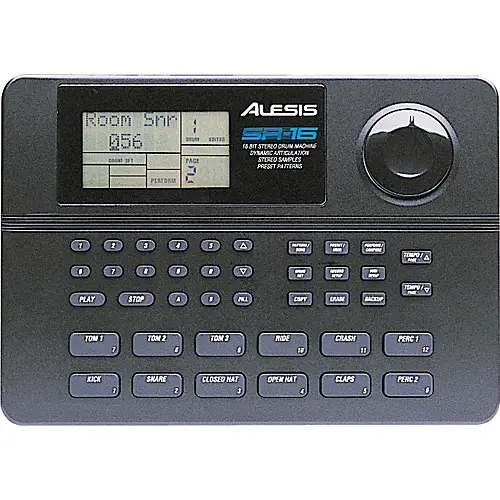How to Become A Music Producer
The versatile world of music production can appeal to many personalities. Successful music producers benefit from an immense amount of experience that proves helpful in their respective industries. Of course, before they reach the professional status of a music producer, they must follow a series of essential steps to achieve their goals.
Read on to learn how to become a music producer. The path is not always easy, but if you follow the steps below, you will be well on your way to success in music production.
How to Become A Music Producer – The Basics
In all honesty, most of these steps are necessary. If you do not put in the time and effort, it takes to become a music producer. You will find that this industry does not rely solely on who you know and how lucky you get. Some key attributes that you will need to develop on your path to becoming a music producer include:
- A broad range of knowledge in multiple music genres
- Experience with at least a few instruments
- Learning capacity that will allow for the taking in of technological and mechanical information
- Patience
- Time
As you learn how to become a music producer, keep in mind the advantages along the way. These advantages can significantly benefit your progression in the music industry.
You might try keeping physical copies of goals you wish to achieve, what to do to overcome setbacks, and why you want to become a music producer. Put them up in your workspace for a constant reminder of your goals.
Small reminders like this can implement large amounts of motivation in your everyday attempts at becoming a music producer.
Learn Everything You Can About Music
Learning everything you can about music is meant in the most extreme sense possible. The more you know about music, the more likely you will find it easier to move forward in the music production industry.
Chances are, if you are trying to become a music producer, you have already got a relatively solid foundation of information. Regardless, you need to make sure you have the broadest knowledge possible of all things music. Some ways in which you can do this are as follows:
Familiarize Yourself with All Sorts of Genres
You might have an idea of a specific genre of music you wish to produce, but altogether avoiding other genres is a bad idea. Becoming familiar with all sorts of genres will help you become acquainted with different production techniques. These methods can significantly expand your ability to produce unique music.
Familiarity with varying music genres is key to developing your production style that sets itself apart from others. This is true regardless of whether you wish to work with heavy metal, pop, indie, or any specific genre. Still, working with your preferences can help your passion.
Find Your Preferences
While it is necessary to learn about different genres, it is also important to accommodate your preferences. As you listen to different music styles, take note of aspects that you find interesting and valuable. Do this even if they do not seem related to the genres you want to work with.
Deciding what you like best is a critical factor in building your knowledge of music. If you become a music producer, you will have to show the individuality that will set you apart from your competitors.
Suppose you develop this individuality with the help of a broad spectrum of music styles. In that case, you might open yourself to many more opportunities. Even the most minor differences in the production of a song can heavily influence that song’s success.
Do Your Research (Find a Mentor)
Learning from those more experienced than you can be a great way to form a solid production style. Find out what sort of implementations do or do not work in music productions. You should also find how certain producers create their products. This will tell you whether you should alter any part of your plan to become a music producer.
Listen to your mentor and understand that your original plan isn’t the only way forward. Knowledge of how your mentor got it is crucial in taking steps towards becoming a producer.
Mentors can also let you know about some lesser-known activities music producers have to do. Check out this video for some tips:
Try to Learn Some Instruments
This is not necessary, but it will certainly help a great deal. Suppose you know how to play an instrument or two. In that case, you will already have a pretty solid idea of what makes some music good.
Knowing multiple instruments will provide you with even more prior knowledge to help develop your music production skills.
Familiarity with reading notes, playing specific instruments, and a general idea of how instruments, vocals, and effects work together to form a successful production is crucial. You can apply this knowledge to young bands needing help on their journey to produce great sounds.
Instrumental Skills You Should Learn and Their Benefits
| Instrumental Skills | Benefits |
| Reading music | Teaches rhythm, tone, style, flow, etc. |
| Knowing what sounds good | Allows you to have a better ear for aspects of a song that will prove successful |
| Having experience with playing instruments | Better suited for knowing what works well together and what does not; also gives you the authority to experiment with different musical techniques. |
Get to Know the Ins and Outs of The Production Industry
Now to get more specific. You should know a lot about the music itself. Still, expert knowledge of the art of music production is equally – if not more – necessary. As said above, one of the best ways to learn about current skills required in the industry is by studying the abilities of well-known music producers.
You can also sharpen your knowledge of the production industry by paying serious attention to what does not prove successful in today’s music. Of course, you might be able to use the unsuccessful styles and techniques. Still, unless you feel that you have a particular skill in an area like that, you should understand that it might not work.
You will also need to learn how music producers promote themselves and their artists: what to do, how to handle opportunities, and how to continue capitalizing on those opportunities. We will discuss the specifics of these aspects later in the article.
Familiarize Yourself with A Digital Audio Workstation (DAW)
As technology is ever-present in today’s society, you will need to know how to work with a digital audio workstation. For genres like heavy metal, rock, and country, this can be unpleasant if you prefer the legitimate aspect of music.
Many of the features that come with a Digital Audio Workstation benefit genres like hip-hop, pop, and EDM by providing numerous options for sound effects, autotune, and synthetic beats.
You will have to implement a DAW to finish touches when producing music, making it as legitimate as possible. Specific touch-ups are often necessary for a clear, successful production.
Teach yourself the basics of a digital audio workstation to keep up with the standards of modern music production. If you want real instruments and vocals, that is no problem. But, as said above, sometimes, a few tech fixes are necessary.
Below is a video referencing potential DAW software you can choose from:
Make Music (Learn How To Use Your DAW)
After learning everything there is to know about music, music production, and digital audio workstations, you can begin making music. Find particular rhythms, melodies, beats, and more that work well in a song you are trying to make. Fooling around with a digital audio workstation can be an excellent place to start when trying to build your music production portfolio.
You probably have a relatively solid idea of what genre or style of music you want to produce at this point in your journey to become a music producer. If not, you can experiment with different genres until you find what works best for you. However, if you have decided, try to create some nice-sounding instrumentals that you can add audio to later or use as examples to provide to artists that might work with you.
You can also practice by writing lyrics, even for instrumentals you have created. Getting an idea of the words to put in a song is a great way to hone your knowledge of music production as a whole. Making music and writing lyrics can provide many benefits as a music producer.
The Benefits of Making Your Music as a Producer
- Relating your words to the overall style of the genre you work with
- Developing a general idea for an artist to start from when they collaborate with you
- Showing that you have in-depth knowledge of the genre or style you want to work with
- Creating a portfolio for both personal promotion and attracting artists
- Developing your technique and style as a music producer
The more you can relate to artists and others who work in music, the more likely you might find success as a music producer. If you show that you have put effort into producing unique pieces on your own time, it will show your skill and determination to those seeking a producer.
If you know instruments, making your music is the best way to learn the whole process of being a producer. Otherwise, find small-time artists you can test our techniques on.
Promote Yourself
How you promote yourself is one of the most significant determining factors of success as a music producer. If people do not know who you are, you are not going to get any business. So, it would be best if you learned how to promote yourself as a music producer successfully.
Create A Website
Making a website to promote your music production is a simple, easy way to get your name out there. If you create a solid website, you might be more likely to catch internet traffic. More importantly, you can include helpful information about your background.
Your website does not have to be the most top-notch, high-quality music production website on the internet, but you must include a few things on it. First, show who you are. Provide a short biography including:
- What genres and styles you usually produce music in
- Contact information for people to get in touch with you
- The address of your office or studio (if you have one)
Your website is also a great place to display your portfolio: songs you have created, pieces you are working on, and artists you have worked with. As said before, it does not have to be anything fancy; just a website with enough information to get your name out there.
Use Social Media
Social media is another vital forum on which to show your music production skills. No matter what social media platform it is, a large following can help you gain a reputation and find people to work with.
You can post your current professional status through social media, give sneak peeks on projects you are working on, display your unique music production style, and more. Most everyone is on social media these days, so this can be a great way to promote yourself.
Get Business Cards
An action as simple as this can prove highly beneficial for your music production career. Keep business cards in your pocket; you never know who you might see while you are out and about.
Whether you are at a store, a party, or anywhere else, you might happen to strike up a conversation with someone who works in the music production industry, an artist looking for a producer, or someone related to such circumstances. Well, what is easier than reaching into your pocket and presenting them with a business card?
A business card can prove beneficial for more than just giving your card to one person. If things work out, and you end up producing with someone because you were smart enough to provide them with a business card, you might see how quickly news via word-of-mouth spreads. If you put yourself out there and promote properly, you will succeed as a music producer.
Consistency Is Key
While being too persistent can come off as overbearing, staying determined to find success in your promotion is essential. Stay consistent in your attempts:
- Regularly update your website and social media
- Follow up with potential clients
- Continue to look for any opportunities available
Get in Touch with Artists
This step is one of the most crucial parts of becoming a successful music producer. If you promote yourself properly, you might have more success finding artists to work with. Thus, perfecting your promotional habits is necessary.
Other ways to find artists can also be put into action. If you have any connections, try to make good use of this. As stated before, you will not become a successful music producer based solely on the people you know, but it certainly does not hurt to reach out to them.
Knowing people in the music industry can be beneficial – if you show that you are a serious music producer determined to get the job done efficiently and successfully. Making connections and forming relationships within the music industry can inspire more people to promote your production skills for you.
Take advantage of any opportunity that presents itself. If an artist shows interest in working with you, keep in touch with them and try to put some ideas together.
Do not be afraid to put yourself out there. Artists are not likely to come running to you if they see you as an amateur music producer. Keeping a professional attitude and taking the initiative to get things done are great ways to attract artists to you.
Spend Enough Time on Each Project
Once you acquire one or many artists, your work is far from over. While you might find artists who want to work off samples you have already created, others might want to start from scratch. Your current project might require more work and time than usual.
Do not try to cut corners to complete projects as quickly as possible. If the artist you are working with wants to take time on it, you need to respect those wishes. As a music producer, you have a professional obligation to produce the best material possible for your artists.
Plus, if you do not do satisfactory work with a particular artist, they might not have many good things to say about you to others. Failure to work cordially and professionally with the artists interested in you will decrease success and reputation for yourself.
Music production is an art, and it deserves perfection. Spending time on each project ensures that you pay attention to every detail, fix even the most minor changes, and produce something that adheres to your unique style and technique while appealing to the artist and their fans.
The importance of spending enough time on each project proves beneficial for several different circumstances:
- Creating your best work possible
- Satisfying your artists
- Building a good reputation
- Being able to create high-quality music consistently
- Making your way up the steps of the music production industry ladder
Understand the Competition
As an aspiring music producer, you must recognize that you are not the only up-and-coming producer in the industry. The sooner you realize this, the better. In an industry like music production, entitlement is not going to get you far. As it has been so heavily stressed earlier in this article, you can’t “luck” your way into being a producer.
People who are doing the same thing as you are just as determined, eager, and talented. It is essential to know this, but you cannot get too caught up with it. Do not let your competition become an obsession.
If you try to develop skills based on the people around you, you will fail to create a sound that adheres uniquely to your style. If it doesn’t meet your style, you might not be as passionate about it.
Take Advantage of Every Opportunity
Because you will be competing with many other producers – especially as a beginner producer – you need to take advantage of every opportunity presented. You will not start producing for the top three famous artists in a particular genre right away. Working with smaller artists is an opportunity for you to flex your creative muscles.
For all you know, the up-and-coming artist that wants to work with you might reach great heights later on in their career. Think about it: when you start, you are in the same situation as them. Accept the opportunities given to you and make the most of them.
Being opportunistic is necessary for developing relationships in music production. If you contact an artist who likes working with you, they might keep coming back to you as a producer. As you build these relationships, you solidify your relevance in the music production industry.
Check out this video on music producer motivation:
Create Your Ideal Environment
Work in an environment that suits you. Create a space that promotes productivity and success. This does not just mean hanging pictures on the wall of your favorite artists or awards you have won. It is more intense than that.
When you produce music, the artists you work with will perform partially based on how they feel around you. There are various ways you can handle this situation. Maybe you are hands-on and like to be as involved as possible. Well, do so with confidence and without seeming like you are holding the artist back.
If your approach involves being a part of everything, do so in a manner that shows you care deeply about your artists’ success. Take the initiative to speak your mind, and present ideas that you think can be helpful for your artists.
On the other end of the spectrum, you might want to give your artists a little more creative freedom. This is okay, as long as you do not let them make all of the decisions.
You are working as a team, so the outcome should not be a result of one party. Make sure to contribute your fair share of work while also giving the artist the freedom to make changes.
Overall, you want your production environment to be comfortable. If you cannot sit back, relax, and work, you will not produce high-quality music. Ensure that both you and your artists’ needs are met in the environment in which you work.
DJ Khaled states the difference between Beatmakers and Producers below. In the right environment, both sides can work together to make beautiful music.
Do You Need A College Degree to Be a Music Producer?
The short answer is no. However, having a college degree of some sort can help in certain situations. A college degree in music or a related field shows that you certainly have an interest in music. Plus, you likely know quite a bit about music if you spent years learning about it.
On the other hand, you will not get artists to work with you because you have a degree in music. As you can tell from the details of this article, several other factors play a role in becoming a music producer. You have to develop specific skills that are going to aid you in the process of this profession.
Having a college degree in music or a related field will not hurt you, but that does not guarantee that it will help you. If anything, it shows that you are serious about music and have a broad knowledge of many different aspects that go into music. It does not mean you will be successful as a music producer, but adding it as an attribute that helps you learn the skills of a music producer can be beneficial.
Embrace Legitimacy
There are two sides to this statement. First, embrace legitimacy as a professional. Play the game fairly; do not try to cut corners and cheat artists that you work with. It is never going to turn out the way you want it to.
Stay true to your aspirations of becoming a professional music producer. Do not take any opportunities for granted. Put your heart into your work. Be satisfied with the journey you are on.
On the other hand, embrace the legitimacy of the music production itself. If you like genuine instrumentals and vocals, keep them. As said before, you will likely have to do some minor touch-ups in most situations, but if your style revolves around the natural sound of music, embrace it and stick with it.
Takeaway
As you can see, there are several aspects to learn how to become a music producer.
It can be such an exciting industry to immerse yourself in, but if you do not have the skills, determination, and attributes necessary for success, you will not go far. If you keep the right mindset and follow these steps, you will be well on your way to becoming a music producer.
Keep it on Bythebarricade.com for tons of punk rock interviews, reviews, articles, and photos! Also, “Like” By the Barricade on Facebook to never miss a post.








